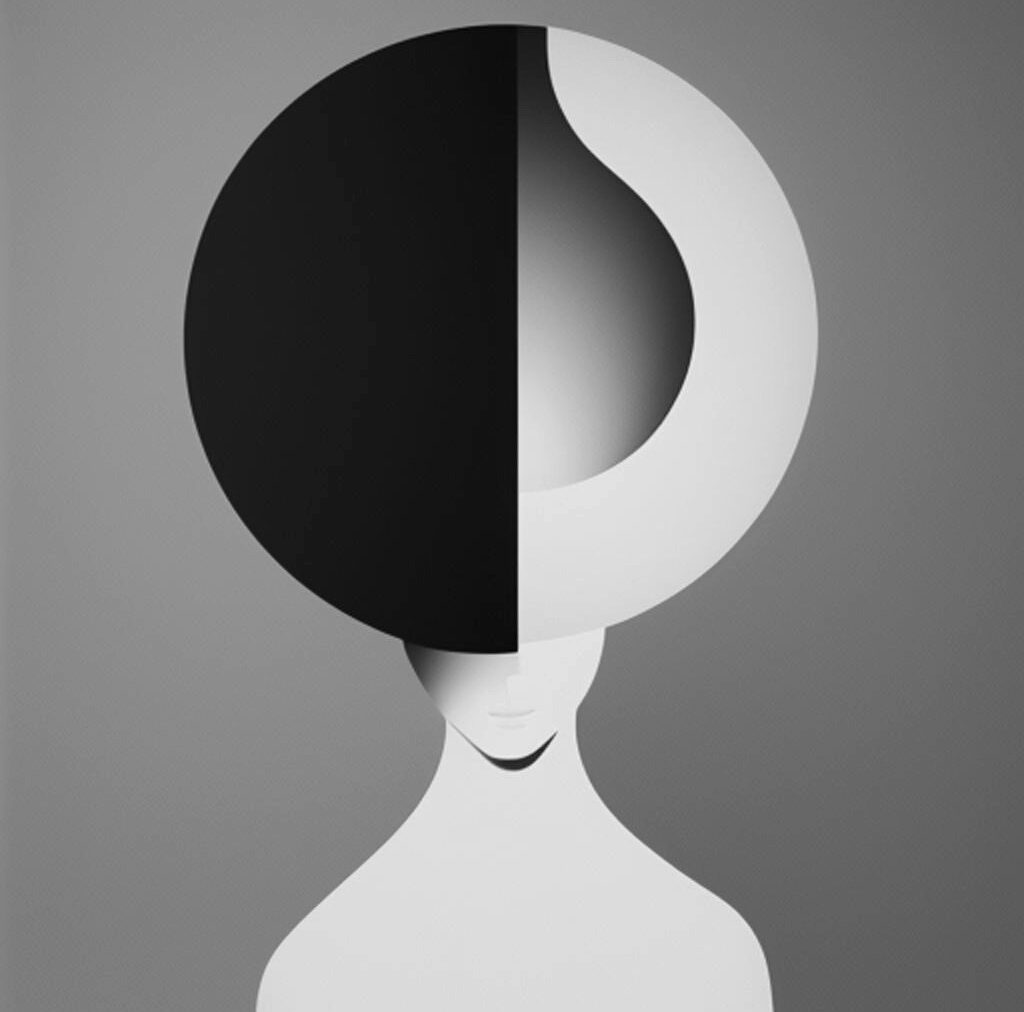In the writings and histories of Foucault, religion is thought in light of the death of God and man and in the space opened up and made empty by the death of God and the undoing of the self, the subject, and identity.
Despite not offering or constructing a systematic philosophy of religion in the sense of single unified systems or theories, the works and writings of Foucault investigate and research themes and notions that remain religious and related to religion.
An overview of Foucault’s themes and archeological and genealogical projects reveal that the question concerning religion constantly lies at the heart of his research; namely, the self and the technologies of the self, sexuality, medicine, madness, language and literature, punishment, the prison institution, and political theories, development, and practice.
For instance, Foucault refers the emergence and accumulation of medical knowledge not only to the moment at which the pathological finally appeared and eventually took the place of the supernatural, but also to the arising of the transgressive forces and practices pertaining to the body and imagination in and through sexuality in the epoch following Nietzsche’s philosophy and its announcement of the death of God.
Sexuality is, for Foucault, one of the themes or areas in which religion and religious practices are manifest and effective. What Foucault’s works and writings thus show is that within Christian culture a site has been constantly made available, accessible, and secured for sexual desire, truth, speaking, and confessing.
The Death of God and the Death of Man
Even if Foucault’s writings on religion are scattered and even if they do not finally form a systematic philosophy of religion, there is a central juncture from which they all emerge, which is the death of man as a response to Nietzsche’s declaration of the death of God.
In the thinking of Foucault, the death of man problematizes and destabilizes the identity of the modern self in its secularity and is therefore open to religious thought even if this thought is merely cultural. For one of the purposes of Foucault’s archaeological and genealogical practices is to undo and lay bare the self as it has been placed into the center of thought after the death of God by modernity and humanism.
This is why at issue in Foucault’s archeological and genealogical practices in its undoing and disrupting of the modern self is a form of negative theology, which is not directed toward God, but rather toward a god; that is, the subject, the self, and identity.
Although Foucault never proposed an account of what he specifically meant by negative theology, he related and compared his own thinking and practices to negative theology. This relation is indebted to the works and writings of George Bataille and Maurice Blanchot, in which it is not the being of man that is questioned and investigated, but rather the being of language wherein different notions of the human are constructed and undone at the same time, and to the works and analyses of the anthropologist Claude Lévi-Strauss, in which cultural structures are seen as what form and constitute reality and that which is human.
What links together such thinkers’ writings is that religion and religious notions lie at the heart of their works, which is something that Foucault took and included in his practices whose aim was to think and undo the identity of the modern subject that, for Foucault, is finite and dispersed over networks of language, life, institutions, and labor.
The Undoing of the Self and Anonymity
I would really like to have slipped imperceptibly into this lecture, as into all the others I shall be delivering, perhaps over the years ahead. At the moment of speaking, I would like to have perceived a nameless voice, long preceding me, leaving me merely to enmesh myself in it, taking up its cadence, and to lodge myself, when no one was looking, in its interstices as if it had paused an instant, in suspense, to beckon to me.
Michel Foucault in his inaugural lecture at the Collège de France
Foucault’s attempts at undoing the self and the subject are to be read together with his rejection of identities and searching for, and embracing of, anonymity. This turning toward anonymity is mentioned and confirmed repeatedly in Foucault’s writings. For instance, in The Archeology of Knowledge, Foucault says that “I am no doubt not the only one who writes in order to have no face”. And in Language, Counter-memory, Practice: Selected Essays and Interviews, Foucault says that “writing is now linked to sacrifice and to the sacrifice of life itself; it is a voluntary obliteration of the self”.
Finally, in relation to the negative theology at work in Foucault’s writings and the emptiness made possible by the death of God and man, religion becomes a site devoid of normativity and transcendence pertaining to centers and origins. In this emptiness, spirituality remains a possibility; a different spirituality.
For more articles on Foucault’s thought, visit this webpage.

